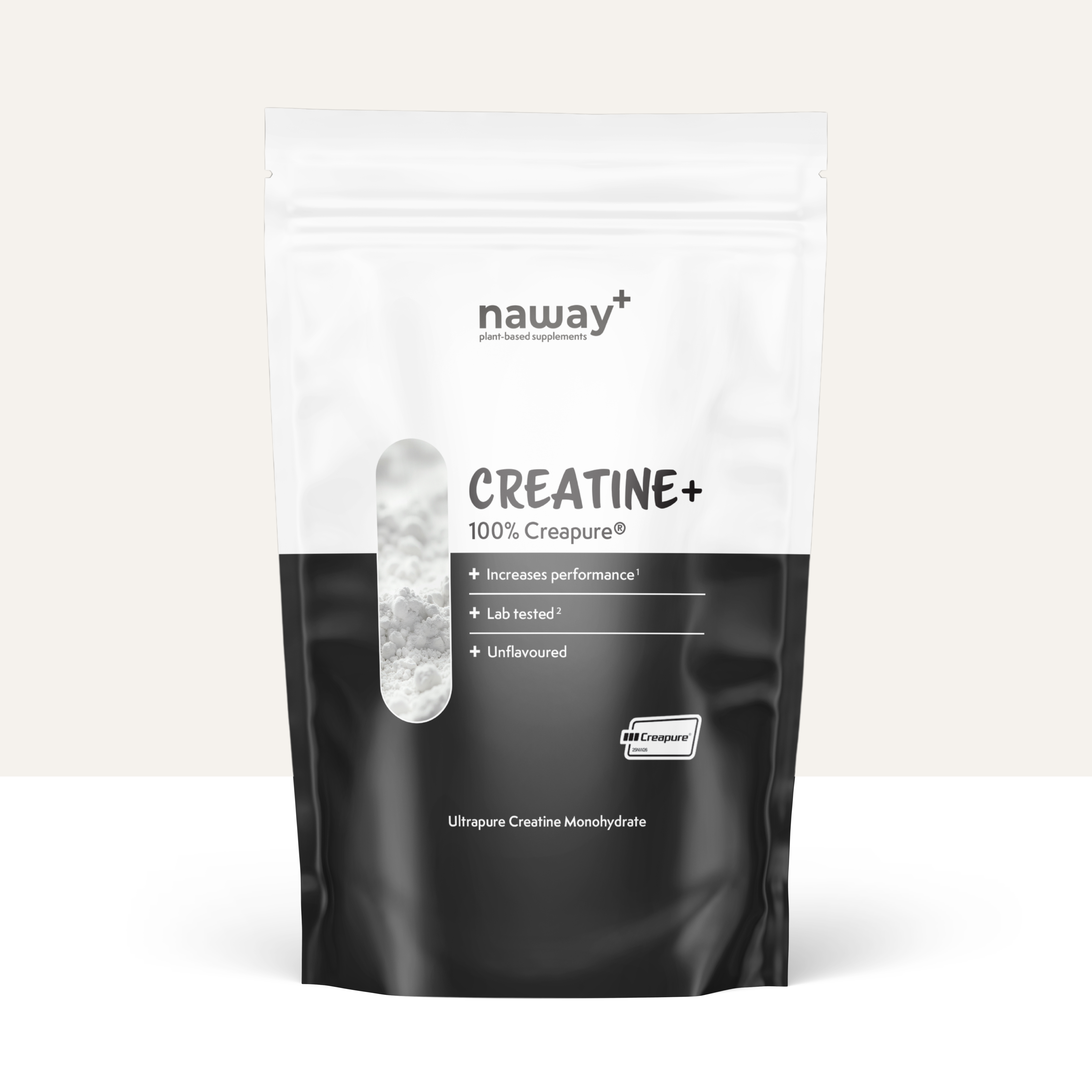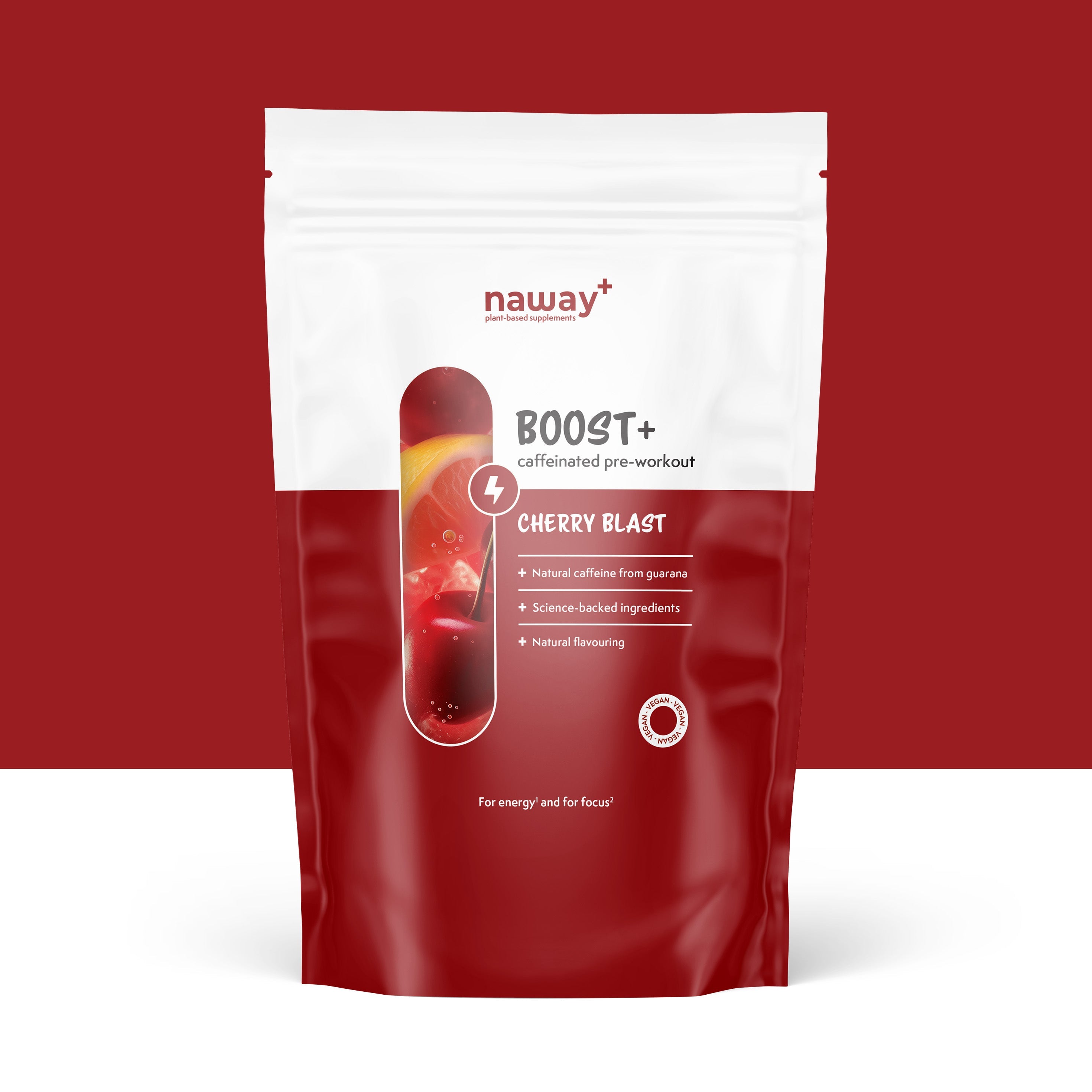Imagine waking up on a sunny morning, stepping outside, and letting the golden rays of sunlight warm your skin. It’s a simple pleasure but did you know that this act triggers an incredible process in your body? Sunlight exposure kickstarts the production of Vitamin D, an essential nutrient with far-reaching effects on our health.
But here’s the catch: most of us don’t get enough of it. Despite its nickname, the “sunshine vitamin,” Vitamin D deficiency has become a global health issue. Let’s explore why this nutrient is so important, the risks of deficiency, and how to ensure you’re getting the optimal amount for a healthier you.
What is Vitamin D?
Vitamin D is a fat-soluble vitamin that functions more like a hormone than a traditional vitamin. It’s unique because your body can produce it when exposed to sunlight. However, it’s also found in certain foods, such as fatty fish, egg yolks, and fortified products.
There are two main forms:
• Vitamin D2 (ergocalciferol): Found in plant-based sources.
• Vitamin D3 (cholecalciferol): Found in animal-based foods and produced in the skin during sun exposure.
Why Do We Need Vitamin D?
Vitamin D plays a pivotal role in several critical processes in the body:
1. Bone and Skeletal Health
Vitamin D enhances calcium absorption in the gut and helps maintain adequate serum calcium and phosphate levels, which are necessary for bone mineralization. Without it, bones can become brittle or soft, leading to osteoporosis in adults and rickets in children (1).
2. Immune Function
Vitamin D strengthens the body’s immune system by modulating the activity of immune cells such as T-cells and macrophages. Research shows that sufficient Vitamin D levels can help reduce the risk of infections like the flu and even autoimmune conditions (2).
3. Mental Health
There is growing evidence linking Vitamin D deficiency to mood disorders like depression and anxiety. Studies suggest that adequate Vitamin D intake may improve symptoms and support better emotional health (3).
4. Cardiovascular Support
Vitamin D is involved in regulating blood pressure, reducing arterial stiffness, and improving endothelial function. These effects collectively support heart health and reduce the risk of cardiovascular diseases (4).
5. Blood Sugar Control
Some studies indicate that Vitamin D may help improve insulin sensitivity and reduce the risk of Type 2 diabetes. It appears to play a role in glucose metabolism by influencing the function of pancreatic beta cells (5).
The Prevalence of Vitamin D Deficiency
Despite its importance, Vitamin D deficiency is a global health crisis. Approximately 1 billion people are estimated to have insufficient levels worldwide (6).
Why is deficiency so widespread?
• Limited Sunlight Exposure: People living in higher latitudes, spending significant time indoors, or covering their skin with clothing or sunscreen often don’t get enough sun exposure.
• Dietary Insufficiency: Vitamin D-rich foods are limited, and plant-based sources primarily offer Vitamin D2, which is less effective than Vitamin D3.
• Aging and Skin Pigmentation: Older adults produce less Vitamin D naturally, and individuals with darker skin tones synthesize less due to melanin content.
Why Does Deficiency Matter?
Deficiency can have profound effects, including:
• Bone Disorders: Increased risk of fractures, osteoporosis, and rickets.
• Weakened Immunity: Higher susceptibility to illnesses and slower recovery.
• Chronic Diseases: Greater risk of diabetes, heart disease, and some cancers.
• Mental Health Concerns: Links to depression, fatigue, and cognitive decline.
How Much Vitamin D Do You Need?
Research has shown that 2000 IU of Vitamin D daily is a safe and effective dose to maintain healthy levels and prevent deficiency. A recent study in Nutrients confirms that this dosage is optimal for most individuals without risk of toxicity (7).
Conclusion: The Role of Vitamin+
Vitamin D is essential for your health, yet deficiencies remain prevalent across the globe. Ensuring adequate levels supports stronger bones, better immunity, and overall well-being.
That’s why we included 2000 IU of Vitamin D in Vitamin+, our premium supplement designed to address modern nutritional gaps.
Vitamin+ combines this optimal dosage of Vitamin D with organic magnesium citrate, 5-MTHF for superior folate absorption, and powerful antioxidants like grape seed extract to promote heart health and blood glucose control. Every ingredient is carefully chosen to provide maximum benefit in a clean, plant-based formula.
[References]
1. https://pmc.ncbi.nlm.nih.gov/articles/PMC3257679/
3. https://www.webmd.com/vitamins-and-supplements/what-to-know-about-vitamin-d-and-mental-health









Share:
Plant Protein vs Whey - What builds more strength?
Protein, Longevity & Aging